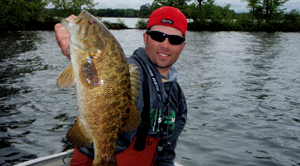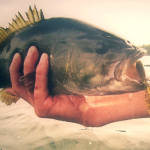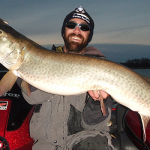With pristine waters come difficult decisions to entice big smallmouth bass. Finesse presentations aren’t required on every clear water fishery, but they greatly help with catching more fish and are a can’t-miss tactic.
I fish a variety of smallmouth bass waters and various water clarities throughout Wisconsin, Ontario and the Great Lakes. I like them all, but in my opinion, smallmouths are substantially easier to catch from clear water than murky brown and dark water environments. These clear waters also contain the better, trophy fisheries.
Long casts with downsized lures is the key to clear water smallmouth fishing. Consider using a longer 7 foot medium action rod with light braid and a thin flourocarbon leader to avoid spooking wary fish. Or better yet, why not fish old school with monofilament or copolymer?
I’m often questioned, and sometimes interrogated by the largemouth bass anglers I know from Illinois who always ask, “Why don’t you just fish with braids and heavy rods like we do?”
First, about 75% of my best smallmouth waters have secchi disc readings of 20 or more feet. This calls for using thin lines with little to no visibility at all. This also requires downsized gear, making lighter and more sensitive rods, reels, and lines a must. Does it seem natural to fish these same waters with a 7 foot flipping stick spooled with 30 lb braid that would be better suited for the dingy largemouth lakes and weedy ponds instead? Absolutely not. A few seasons back, I had a friend and first-timer join me on an early summer smallmouth trip and he quickly learned there is no place for these tactics on many of my clear northern waters.

Cortland Camouflage – Our favorites are spools of 6, 8, 10 and sometimes 12 pound sizes.
What many smallmouth anglers fail to understand is that monofilaments and copolymers are not a thing of the past. They are just as applicable today as they were in their infancy during the 1950′s and 60′s. I use these lines, mostly copolymer, ranging from 6 to 10 lb test about 80% of the time for clear water bass. However, if braided superlines are indeed used for smallmouths (yes, I use them a lot myself also), I use nothing greater than 20 lb size, which in comparison is about 6 lb diameter in monofilament. Lighter line whether it’s a clear monofilament and copolymer, and 100% fluorocarbon or hybrid-fluoro is the best way to go about business when dealing with clear water and its high visibility.
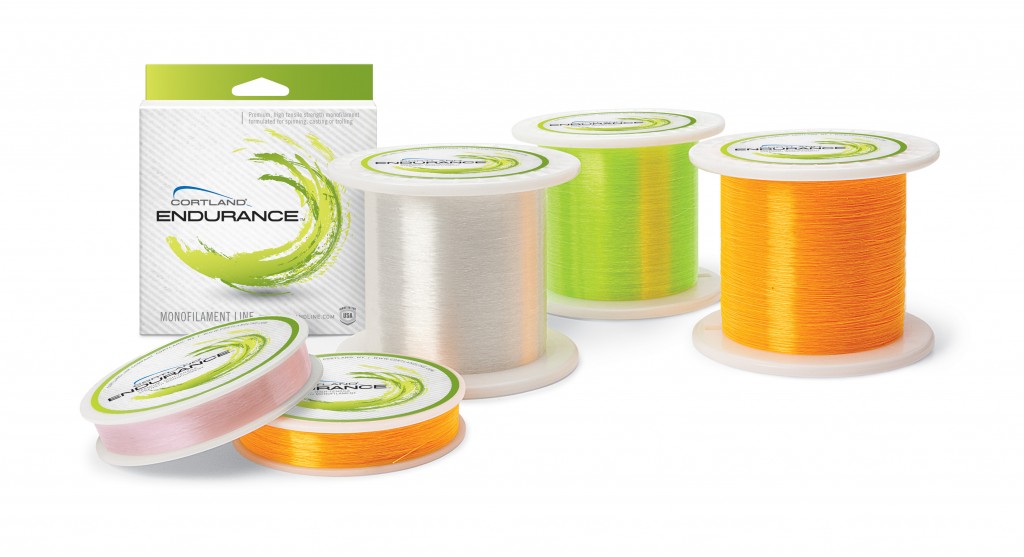
Cortland Endurance – Same sizes apply with this simple monofilament.
Don’t let clear water and high visibility frustrate you. Follow this simple guide don’t be stubborn to revert to old school tricks with the simplest fishing lines there are – monofilaments. They still catch big fish as good as they did decades ago.
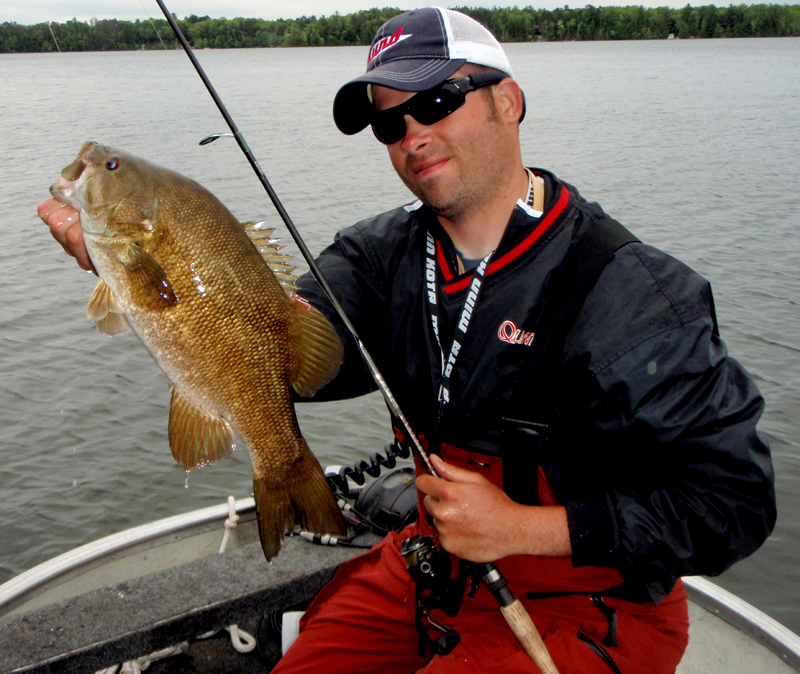
Published by Cortland Line Company –Feel The Pull



